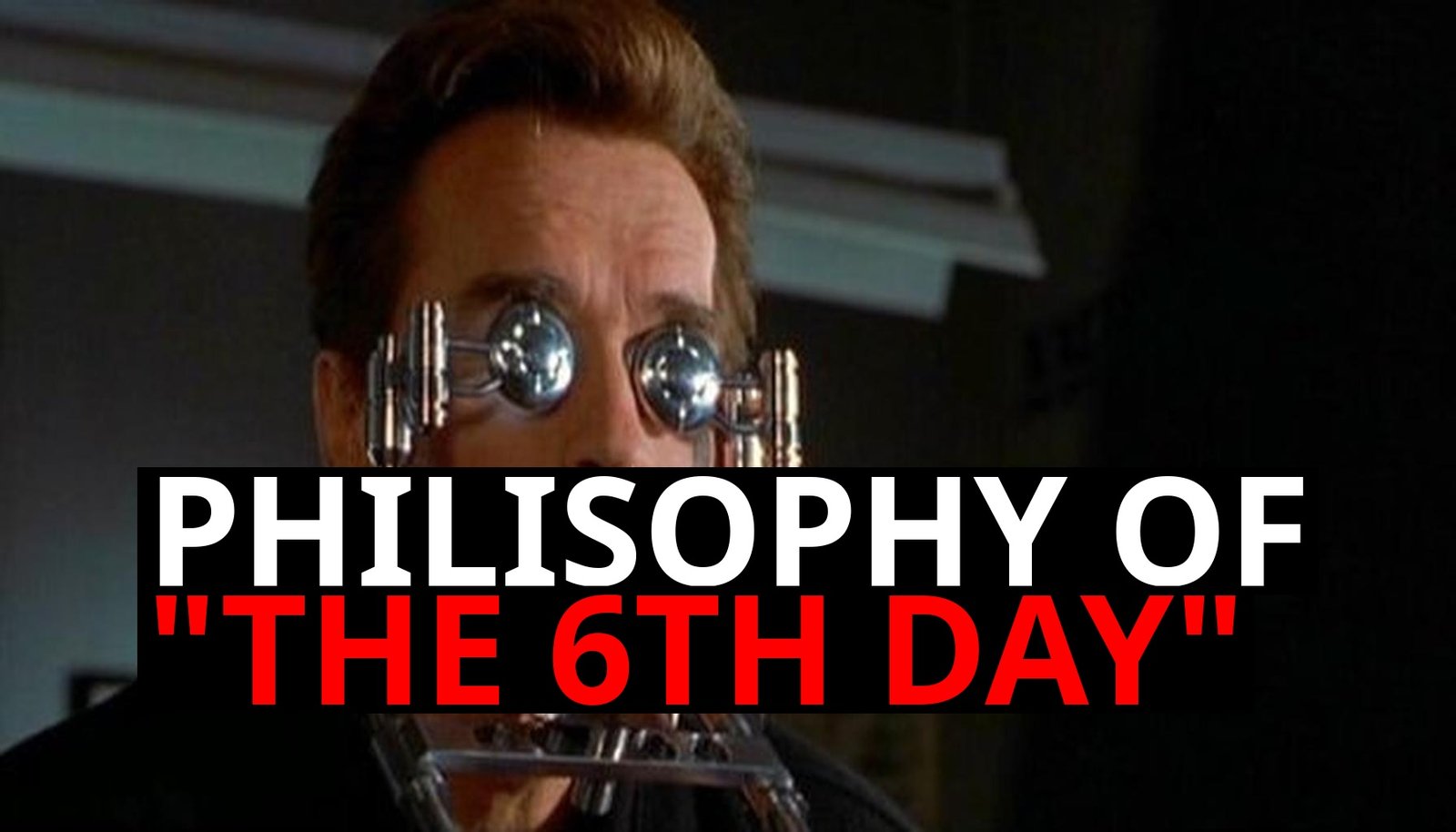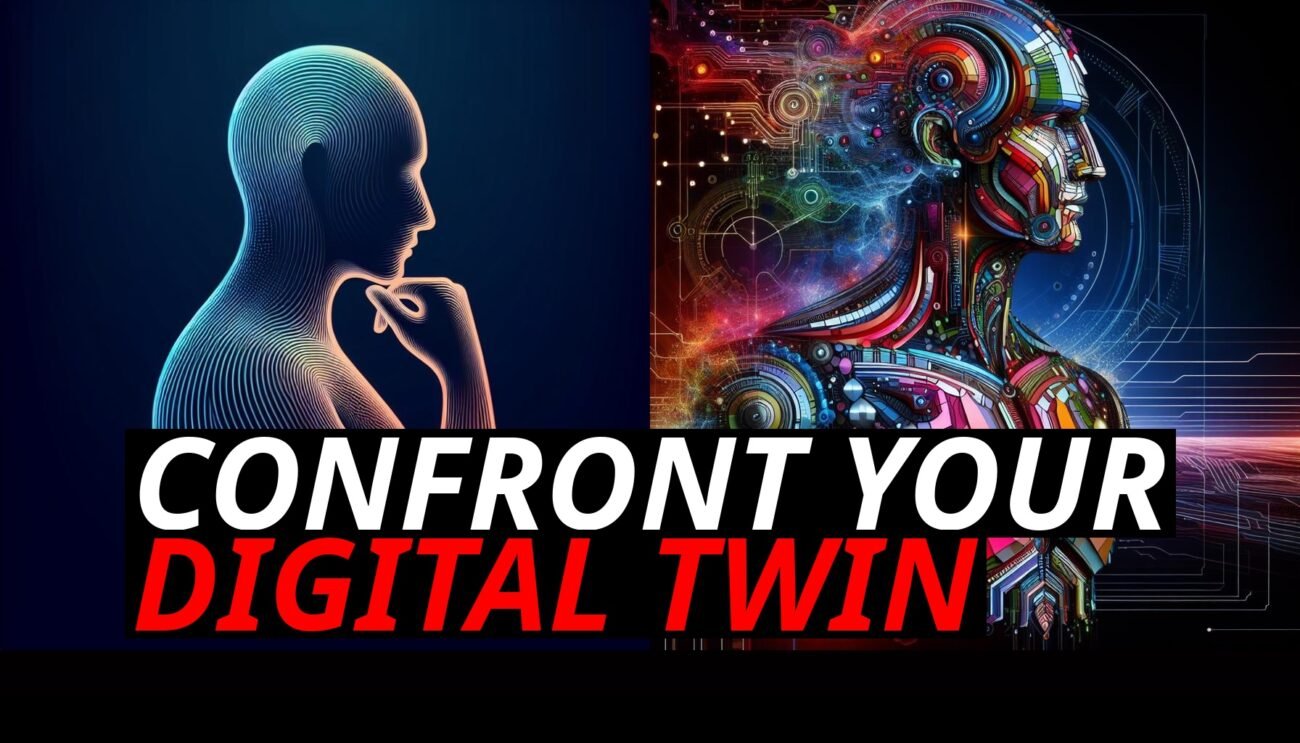Imagine waking up one day with a complete set of memories—childhood adventures, first loves, career milestones—only to realize that none of it was ever real. Those memories belong to someone else, someone you never were. This unsettling scenario is at the core of The 6th Day, a film that explores the ethical crisis of memory cloning. What happens when a clone inherits a life they never actually lived? This article dives into the existential and ethical issues that arise from memory cloning, examining its implications for identity, the value of lived experiences, and the psychological impact on the clone.
The Inheritance Of A False Life
Memory cloning, as depicted in The 6th Day, presents the clone with a life that is not their own. They wake up believing they are the original, with no knowledge that their memories are secondhand. This creates a crisis of identity: the clone’s entire sense of self is based on experiences they never truly had. The ethical implications of this are profound. Is it right to impose someone else’s life onto a new being, denying them the opportunity to forge their own path?
This inheritance of a false life raises questions about the value of those memories. While the clone may remember a lifetime of experiences, the absence of personal involvement strips those memories of their authenticity. The clone is left grappling with the knowledge that their past is nothing more than an illusion.
The Psychological Impact On The Clone
The psychological toll on the clone cannot be understated. Imagine being burdened with memories that feel real but lack any connection to your own experiences. This dissonance can lead to an identity crisis, where the clone struggles to reconcile who they believe they are with the reality of their existence. The clone’s entire sense of self is built on borrowed memories, leading to feelings of alienation and confusion.
Moreover, the clone’s ability to form new, genuine memories is compromised by the overwhelming presence of the original’s past. This can stifle the clone’s personal growth and development, trapping them in a life that isn’t truly theirs. The psychological impact is not just a matter of identity—it’s about the loss of autonomy and the inability to live a life of one’s own making.
The Ethical Dilemma Of Creating Memory Clones
The creation of memory clones raises significant ethical questions. Is it moral to create a being whose entire identity is predicated on the life of another? By imbuing a clone with the memories and personality of the original, the creators deny the clone the chance to develop their own identity from the ground up. This lack of autonomy is a serious ethical concern, as it reduces the clone to a mere extension of the original rather than recognizing them as a unique individual.
The ethical dilemma extends to the question of the clone’s rights. Should the clone have the right to reject the life they’ve been given, or are they forever bound by the original’s memories and expectations? The morality of creating a being whose purpose is to continue someone else’s life is deeply problematic, as it denies the clone the freedom to live their own life.
The Loss Of Lived Experience: A Life Unlived
One of the most poignant aspects of memory cloning is the loss of lived experience. The clone, despite having a complete set of memories, has never actually lived through the events those memories represent. This creates a hollow existence, where the clone is left to navigate a world they know but have never truly engaged with. The absence of lived experience diminishes the value of the clone’s life, reducing it to a series of borrowed moments that lack personal significance.
This loss of lived experience also raises questions about the ethical cost of memory cloning. Is it fair to create a being who starts life with a past that isn’t their own? The clone’s life is incomplete, lacking the formative experiences that shape a person’s identity. This ethical dilemma challenges our understanding of what it means to live a full life and whether a clone, burdened with another’s past, can ever truly experience the richness of life’s journey.
Conclusion: The Ethical Crisis At The Heart Of Memory Cloning
Memory cloning, as explored in The 6th Day, presents a profound ethical crisis. The creation of a clone who inherits memories of a life they never lived raises serious questions about identity, autonomy, and the value of lived experience. While the technology may offer the illusion of continuity, it comes at a significant moral cost. The clone is left to grapple with a life that isn’t truly theirs, burdened by memories that lack the authenticity of personal experience.
As we consider the possibilities of memory cloning, it’s crucial that we also confront the ethical implications of such technology. The desire to preserve life and memory must be balanced against the moral responsibility to ensure that any beings we create are given the freedom to live their own lives, unburdened by the past of another. In the end, the true value of life lies not in the memories we carry, but in the experiences we live—and no clone, no matter how perfect, can replace the richness of a life fully lived.
_____________________________________________________________________________________________
Stolen Time: The Moral Cost Of Skipping Childhood In Memory Cloning
Imagine being born with the mind of an adult but the body of a newborn. Your memories include decades of experiences, yet you have never taken a single breath, laughed, or cried. This paradox lies at the heart of memory cloning, a concept that raises profound ethical questions about the nature of life and development. What happens when a clone skips the formative years of childhood and starts life as an adult, fully equipped with memories but devoid of the experiences that should accompany them? This article explores the moral cost of memory cloning, focusing on the ethical dilemma of depriving a clone of the opportunity to experience their own life from the beginning.
The Loss Of Childhood: A Stolen Foundation
Childhood is a crucial period of development, where individuals form the foundations of their identity, personality, and understanding of the world. It’s a time of learning, exploration, and growth—an irreplaceable stage of life that shapes who we become. But what happens when a clone is created with the memories of an adult, effectively skipping this foundational stage? The result is a being who has all the knowledge and experiences of adulthood but lacks the lived experience of growing up.
This loss of childhood raises significant ethical concerns. By depriving the clone of the opportunity to experience their own childhood, we deny them the chance to develop their identity organically. The clone’s understanding of the world is based solely on borrowed memories, not on personal experiences. This ethical dilemma challenges the very nature of what it means to live a full life, as the clone is robbed of the formative experiences that make life meaningful.
The Psychological Impact Of Skipping Childhood
The psychological impact on a clone who starts life as an adult is profound. Imagine having the memories of a lifetime, but none of the experiences that come with them. The clone may remember what it’s like to be a child, but they have never actually lived through those years. This disconnect can lead to a deep sense of alienation and confusion, as the clone struggles to reconcile their memories with the reality of their existence.
The absence of a genuine childhood also hinders the clone’s emotional development. Childhood is a time of emotional growth, where individuals learn to navigate relationships, manage their emotions, and develop a sense of empathy. Without these experiences, the clone may lack the emotional maturity that comes from a natural progression through life’s stages. This can result in an incomplete or stunted emotional life, leaving the clone ill-equipped to deal with the complexities of adult relationships and responsibilities.
The Ethical Dilemma: Creating A Life Without A Beginning
The creation of a clone who skips childhood and starts life as an adult raises serious ethical questions. Is it morally acceptable to create a being who is denied the opportunity to experience the full spectrum of life? By starting life in the middle, the clone is deprived of the chance to grow, learn, and develop at their own pace. This lack of autonomy is a significant ethical concern, as it reduces the clone’s life to a series of borrowed moments, rather than a journey of personal discovery.
Moreover, the decision to create a clone in this way reflects a disregard for the natural progression of life. Childhood is not just a series of years to be bypassed; it’s an essential part of what makes us human. By skipping this stage, we risk creating beings who are incomplete, lacking the depth and richness that come from a life fully lived.
The Moral Cost Of Skipping Childhood
The ethical implications of memory cloning go beyond the loss of childhood. By creating a being who starts life as an adult, we impose a life onto them that they had no role in shaping. This raises questions about the morality of creating a life that is inherently incomplete. Is it fair to bring a being into the world who is denied the chance to experience their own childhood? The moral cost of this decision is significant, as it challenges our understanding of what it means to live a full and meaningful life.
Conclusion: The Ethical Imperative Of Preserving Childhood
Memory cloning, while a fascinating concept, carries with it profound ethical implications. The decision to create a clone who skips childhood and starts life as an adult raises serious questions about the value of life’s formative experiences. By depriving a being of the opportunity to experience their own childhood, we deny them the chance to develop their identity, personality, and emotional maturity organically. This ethical dilemma challenges the very nature of what it means to live a full life and forces us to confront the moral responsibilities of creating life in this way.
As we continue to explore the possibilities of memory cloning, it’s crucial that we also consider the ethical implications of our actions. The desire to preserve life and memory must be balanced against the moral responsibility to ensure that any beings we create are given the freedom to live their own lives, from beginning to end. In the end, the true value of life lies in the experiences we live, and no clone, no matter how perfect, can replace the richness of a life fully lived from childhood to adulthood.
_____________________________________________________________________________________________
The Ethics Of Incomplete Lives: What The 6Th Day Tells Us About Memory Cloning
Picture a life that begins not at birth, but somewhere in the middle, with all the memories of a past that was never truly experienced. This is the unsettling reality of memory cloning, as portrayed in The 6th Day. The concept raises profound ethical concerns about the creation of beings who start life midway, with memories but no actual experience of the past. What does it mean to live a life that is inherently incomplete? This article explores the ethical implications of memory cloning, questioning the morality of creating beings who have missed out on key stages of life.
The Concept Of An Incomplete Life
Memory cloning, as depicted in The 6th Day, offers the promise of continuity—a way to preserve a person’s identity and experiences beyond their natural life. But this technology also creates beings whose lives are, by definition, incomplete. The clone begins life with a full set of memories, but without the lived experiences that give those memories meaning. This raises significant ethical













